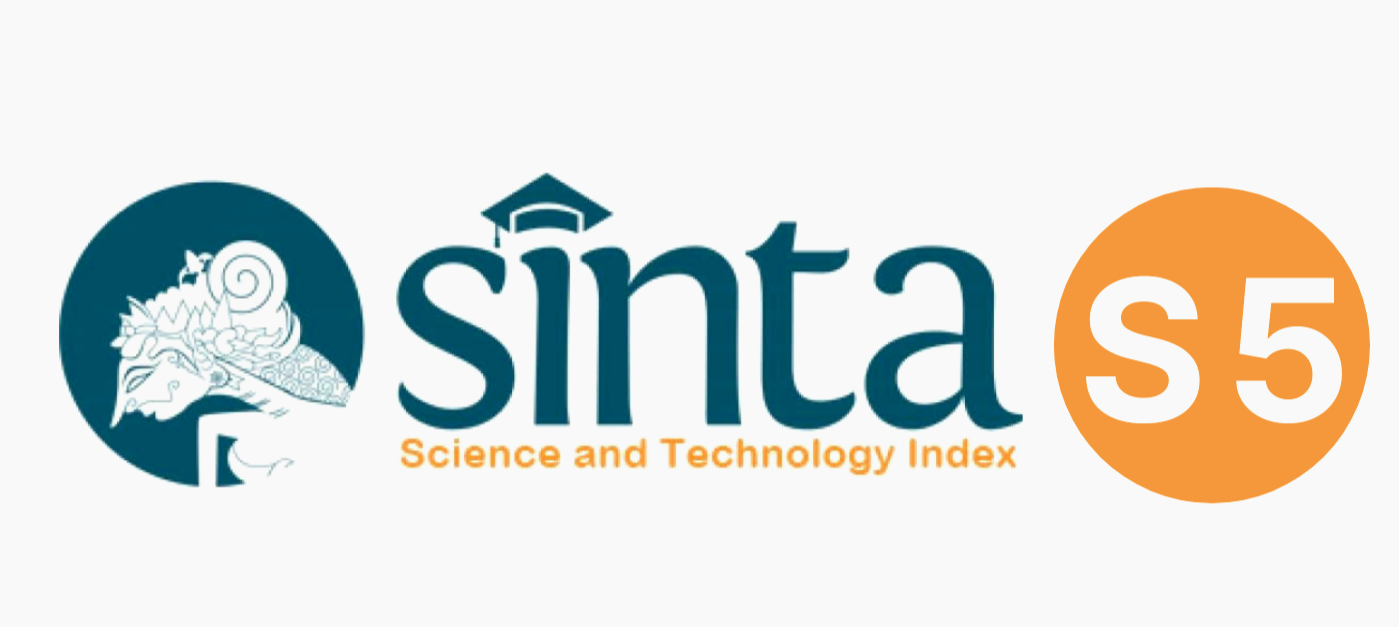Pedagang Etnis Tionghoa Lebih Suka Menonton Televisi dan Pedagang Etnis Batak Toba Lebih Suka Mendengarkan Musik: Kajian Tentang Penggunaan Waktu Luang Di Kota Tanjungpinang, Kepulauan Riau, Indonesia
 Abstract: 293
/
Abstract: 293
/  Abstract: 129
Abstract: 129
DOI:
https://doi.org/10.47753/je.v1i2.22Keywords:
free time, Chinese ethnic merchants, Toba Bataknese ethnic merchantsAbstract
"Spare time" or "free time" is remaining time someone has besides the time they have for series of mandatory activities to make ends meet. Thus, spare time can be filled with activities such relaxing, resting, recreation, or any other activities to develop one's self without any coercion from others. With Torkildsen (2011) approach, in this writings we found out that Chinese ethnic merchants and Toba Bataknese ethnic merchants in Tanjung Pinang have different ways to spend their spare time: (1) On their time while doing the business, Chinese ethnic merchants prefer to fill their spare time watching television and on the other hand Toba Bataknese ethnic merchants prefer to spend their free time listening to the music. (2) As an activity, on their free time Chinese ethnic merchants choose to travel; Toba Bataknese ethnic merchants choose to do some exercises. (3) For positive mental health or for better mood, Chinese ethnic merchants choose to pay a visit to synagogues, while in contrary Toba Bataknese ethnic merchants prefer to attend "family-name gathering". (4) For broaden meaning of spare time, Chinese ethnics merchants prefer activities which give them freedom, while Toba Bataknese ethnic merchants choose to have conversations with colleagues. (5) From lifestyle perspective, both Chinese and Toba Bataknese ethnic merchants choose to fill their spare time with social activities.ÂReferences
Danandjaja. 2012. Metodologi Penelitian Sosial Disertai Aplikasi SPSS For Windows. Yogyakarta: Graha Ilmu.
Hidayati, Desiana. 2012. Aktivitas Waktu Luang (Leisure) Anak Jalanan Di Sekitar Simpang Lima Kota Semarang. Semarang: Jurnal Ilmu Pendidikan, Universitas Negeri Semarang Press.
Irianto, Agus. 2004. Statistik Konsep Dasar Dan Aplikasinya. Jakarta: Prenada Media.
Nunnally, J. C., 1978. Psychometric Theory. New York: Mc Graw- Hill.
Okiriswandani, Fika. 2012. Gaya Hidup Santai Mahasiswa. Surabaya: Jurnal Universitas Airlangga.
Pramesti, Swastika Dyah. 2014. Pemanfaatan Waktu Luang Masyarakat Lapisan Bawah. Surabaya: Jurnal Universitas Airlangga.
Sarwono, Jonathan. 2011. IBM SPSS Statistic 19. Jakarta: PT Elex Media Komputindo.
Sumanto. 2014, Teori dan Aplikasi Metode Penelitian, Yogyakarta: PT Buku Seru.
Suyanto, Bagong. 2013. Sosiologi Ekonomi Kapitalisme dan Konsumsi di Era Masyarakat Post- Modernisme. Jakarta: Kencana.
Torkildsen, George. 2011. Leisure and Recreation Management. London: E and FN spon.
Yusuf. 2014. Metode Penelitian Kuantitatif, Kualitatif dan Penelitian Gabungan. Jakarta: Prenadamedia Group.
Veblen, Thorstein.2009.The Theory of Leisure Class. Inggris: OUP Oxford.
Downloads
Published
Issue
Section
License
Articles published in Jurnal Empirika are licensed under the International License of Creative Commons Allowance-ShareAlike 4.0. The author is free to use any media to copy, change, or redistribute the paper, provided the author gives credit to the original author and this journal, links to the license, shows if modifications have been made, and redistributes it in the same permission. The author grants the right to any third party to use their posts following the Creative Commons Attribution-Share Alike International 4.0.












